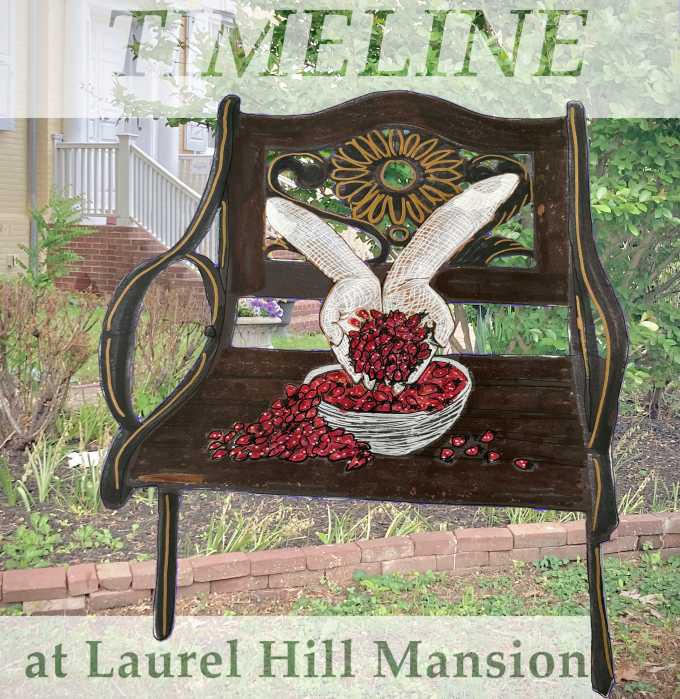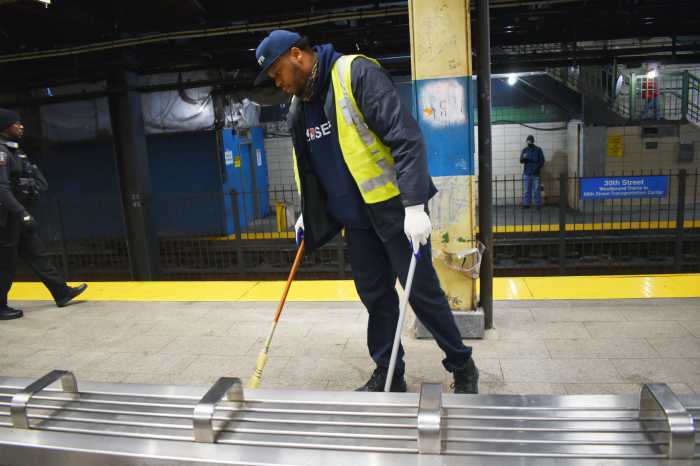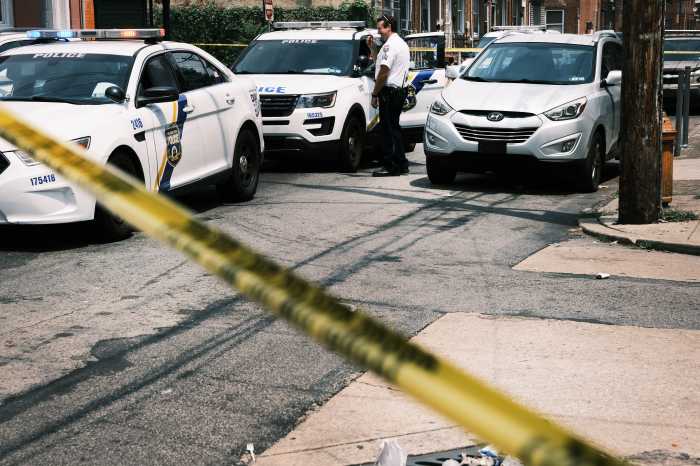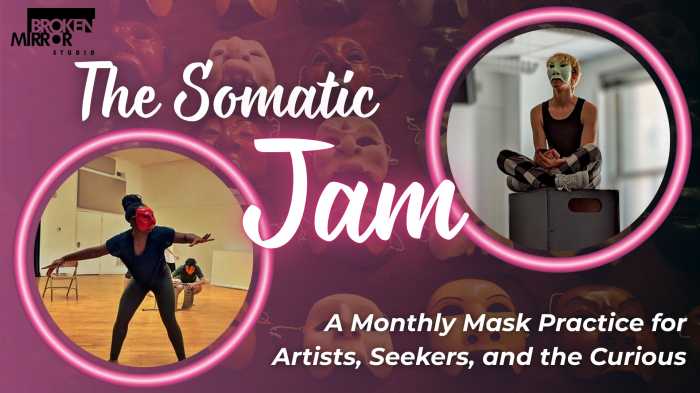A photograph that ran alongside a Metro story in November about Rite Aid closures and the challenges faced by independent pharmacies did not help Marcus Tancredi.
The image showed Tancredi’s Sun Ray drugstore at 52nd and Walnut streets in West Philadelphia after it had been looted two months prior. Customers who had seen the picture checked in with him to see if the store had closed.
Sun Ray, a locally-owned chain of about 20 pharmacies, continues to operate, though the business is threatened by the dual struggle of low drug reimbursements and difficulties with liability insurance.
The 52nd Street store has been ransacked three times. Insurance paid out to repair the damage from the first round of civil unrest, in 2020, but the organization’s carrier dropped their coverage when looting occurred again.
“We’re not even allowed to open our doors without some sort of business liability insurance,” said Jimmy Luu, part of the ownership group at Sun Ray alongside Tancredi and Barry Neff.
No insurers want to even look at pharmacies and other retailers in Philadelphia, due to the threat of further disorder, Neff said. Any company that does, he added, is going to be asking for more than the chain can afford.
To limit liability, the pharmacies, which include Sun Ray-branded locations and other affiliates, such as Philadelphia Pharmacy in Kensington and Academy Pharmacy in the Far Northeast, have had to reduce what they have in stock.
For patients, that means they may have to wait an extra day while the pharmacist orders their medication.
“We wanted to give it to them as they needed it,” Luu. “But now, because of this inventory limit, we’re going to have to start ordering as needed.”
Nationally, pharmacies have been dealing with low reimbursements from health insurance companies. At times, Sun Ray pharmacists have to direct customers to competitors, like national chains and mail-order services, because their insurance does not cover the price of the drug.
“Patient care is going to suffer because of what the situation is with the insurance companies on both ends,” Neff said.
Gov. Josh Shapiro, during his budget address last week, called out pharmacy benefit managers for “making record profits on the backs of Pennsylvanians” and asked lawmakers for legislation reforming the system.
“The big chains, they’re starting to close down because they can’t afford to be open,” Tancredi said. “We’re not even on a scale of their financial corporate budgets, and we’re scraping it together to try to stay open.”
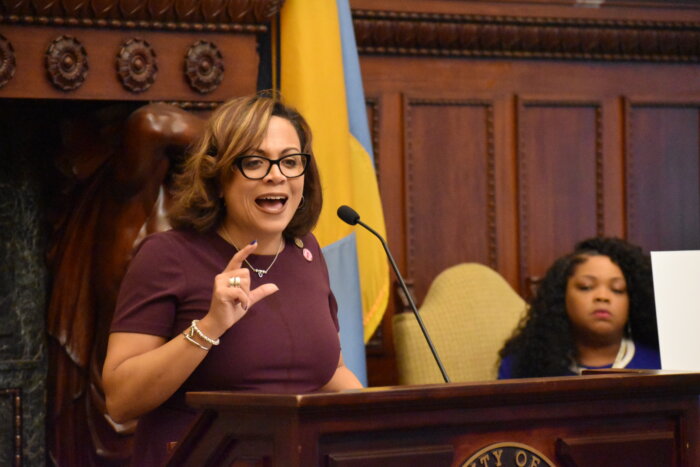
Rite Aid, since declaring bankruptcy in October, has closed around 20 stores within city limits and could shutter even more. Sun Ray is not immune, with plans to close 18th St. Apothecary, an affiliated pharmacy in Center City.
Philadelphia Health Commissioner Dr. Cheryl Bettigole said at a City Council hearing in November that the Rite Aid contraction will create more ‘pharmacy deserts,’ poorer neighborhoods where more than a third of residents live more than 1 mile away from the nearest drugstore.
Bettigole told legislators that independent pharmacies are a “really important network” in providing health services to residents. Many of Sun Ray’s locations are in low-income communities, including Kensington and parts of North and West Philadelphia.
Luu, Tancredi and Neff said there has been no follow-up conversations since that Council hearing, despite assurances from lawmakers.
However, Councilmember Curtis Jones Jr. introduced a resolution earlier this month to hold more hearings examining the effects of drugstore closures and looking into the possibility of urgent care centers filling the void. Kyra Harris, communications director for Councilmember Nina Ahmad, who chairs the body’s Public Health and Human Services Committee, said officials are hoping to schedule that meeting in the coming weeks.
“We’re a valuable piece to the community,” Tancredi said. “You need a supermarket. You need a fire station. You need a police station. You need a pharmacy. You need health care.”




